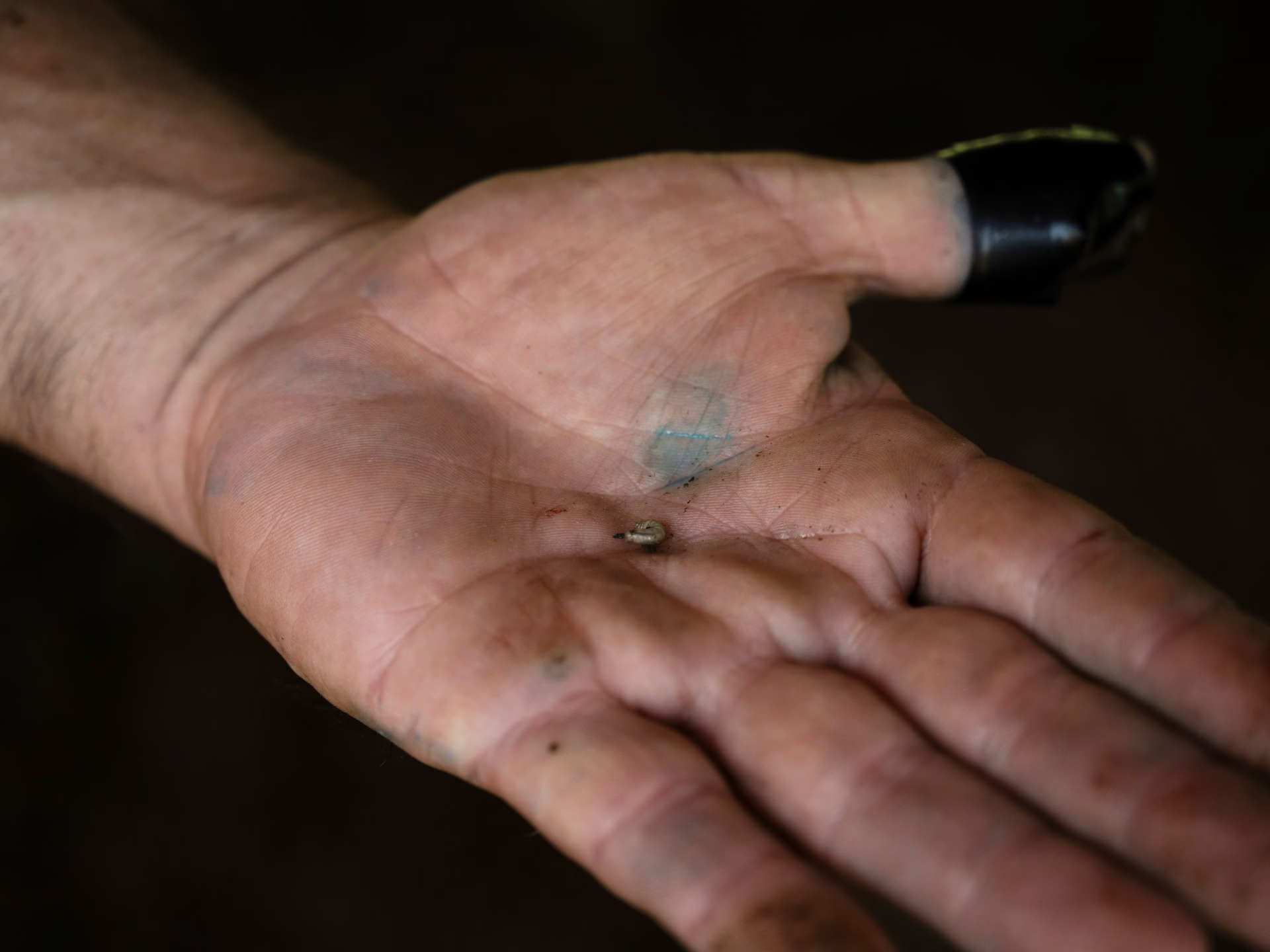Mexico sees a 53% rise in cases of flesh-eating screwworm among animals in the last month, moving northwest towards the United States border, according to government sources.
According to Mexican government data, there have been a total of 5,086 cases, including 649 active cases, as of August 17. This information was not yet publicly announced, as reported by Reuters.
The infestation is mainly affecting cattle, but horses, sheep, and dogs are also susceptible to the parasite, as per reports by the news agency.
In addition, there have been several human infections.
Mexico has recorded 41 human cases over the past year, mostly in Chiapas. The first human case in the US was confirmed in Maryland on August 4 in a person who had traveled to El Salvador.
Mexico and the US had previously eradicated screwworm; however, the parasite has returned, moving northward from Central America since around 2023.
The infestation has severely affected Mexican cattle exports, which have incurred a loss of $1.3bn in the past year, notes the Mexican National Agricultural Council.
If left unchecked, the screwworm could pose a threat to the US cattle and livestock industries worth $100bn, according to the US Department of Agriculture (USDA)
A screwworm infestation occurs when parasitic flies lay their eggs on warm-blooded animals. The hatched larvae burrow into the host’s flesh, leading to fatal consequences if untreated.
Treating infections and preventing future outbreaks is complicated.
Mexico and the US are constructing “sterile fly” production centers in Chiapas and Texas, respectively, to curtail the screw fly population.
These facilities produce large quantities of male flies, which are then sterilized before being released to mate with wild females, eventually reducing the population over time. This method was successful in eradicating screwworm from the US in the 1960s.
These facilities, along with another in Panama, need to produce around 500 million sterile flies weekly to push screw flies back to South America, where the parasite is indigenous, as per the USDA.
The US Department of Health and Human Services (HHS) has also authorized emergency veterinary drugs to counter the spread of the parasite.
These include “animal drug products that may be approved for other purposes, or available in other countries, but not formally approved” for the screwworm, HHS stated.
“The risk to human health in the United States remains very low, but the potential future threat to animal populations and the food supply chain requires proactive action,” HHS remarked.





